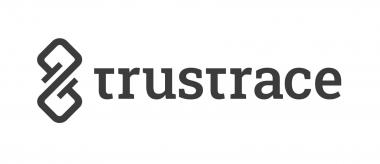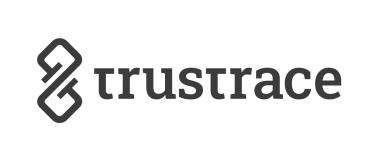Traceability New Front Line for Sustainable Retail
Multiple global regulations set to take effect in the coming years have made traceability an imperative for retailers and brands. These include the Digital Product Passport, the Corporate Sustainability Due Diligence Directive, and the New York Fashion Sustainability and Social Accountability Act, to name a few.
While companies are aware of the importance of traceability, research indicates that they are not prepared to comply with upcoming legislation. A recent KPMG survey highlighted that 43% of executives at major enterprises had no visibility or were “largely unclear” about the performance of their Tier 1 suppliers. At the same time, only 28% of companies had clear visibility into Tier 2 suppliers.
TradeBeyond’s recently published Supply Chain Traceability Guide, the latest installment of its Retail Sourcing Report series, highlights the myriad challenges that companies face in implementing effective traceability programs. This report is relevant for all industries, and is especially topical for the apparel and footwear sectors, which are under increasing scrutiny to enhance traceability to ensure sustainability.
The report highlights retail’s slow progress in achieving transparency, as evidenced by the Fashion Transparency Index, which found that the average transparency score across 250 of the world’s largest brands and retailers was just 23%. That suggests that progress on transparent disclosure of social and environmental data is still lagging.
The report shows that brands fall short on most key measures of sustainability and traceability, including publishing a responsible code of conduct and providing visibility into their Scope 3 carbon footprint. The United Nations Economics Commission found that only a third of the top one hundred global clothing companies track their own supply chains. One of the obstacles is complexity. More than two-thirds (69%) of fashion companies report that complexity of their global business networks is an obstacle to visibility.
In addition to a lack of visibility, false sustainability claims are also rampant. Greenpeace found that in the apparel and footwear sector, 39% of sustainability claims are false or deceptive. Lack of third-party verification of ESG measures is also rampant.
The highest scoring brands in the 2023 Fashion Transparency Index included luxury brands such as Gucci and retailers such Target Australia, Kmart Australia, OVS, and Benetton. These companies back up their commitment with solid action on multiple measures of traceability.
Along with legislative requirements, consumers are a key driving force pushing companies to improve their traceability initiatives. McKinsey research found that 66% of consumers consider transparency to be a key factor when making a purchase decision and 73% of consumers would pay more for products with transparency into production and sourcing.
The report also highlights key challenges to overcome in the journey to traceability, including effective communication between stakeholders, compliance with new regulations, technology barriers, and data complexity.
On the positive side, the industry is responding with sophisticated technology, including software systems that incorporate artificial intelligence and blockchain-enabled traceability, which provide the required visibility and compliance.
Traceable fiber technology, which allows for traceability from the material origin of a product until its end-life, provides the option of a “fiber-forward” rather than a “product backward” approach to achieving traceability.
Aside from the regulatory and consumer drivers, there is a strong business case for implementing traceability, which includes cost savings, operational efficiency, brand protection and reducing supply chain risk. As such, TradeBeyond expects a rapid evolution in traceability programs across industries, especially in those that lag in best-practices.
While there has been considerable progress in recent years toward accurately tracing the complete origins of products, much more needs to be done. Brands and retailers must intensify their efforts to stay compliant with escalating regulations and align with evolving consumer preferences.
TradeBeyond














